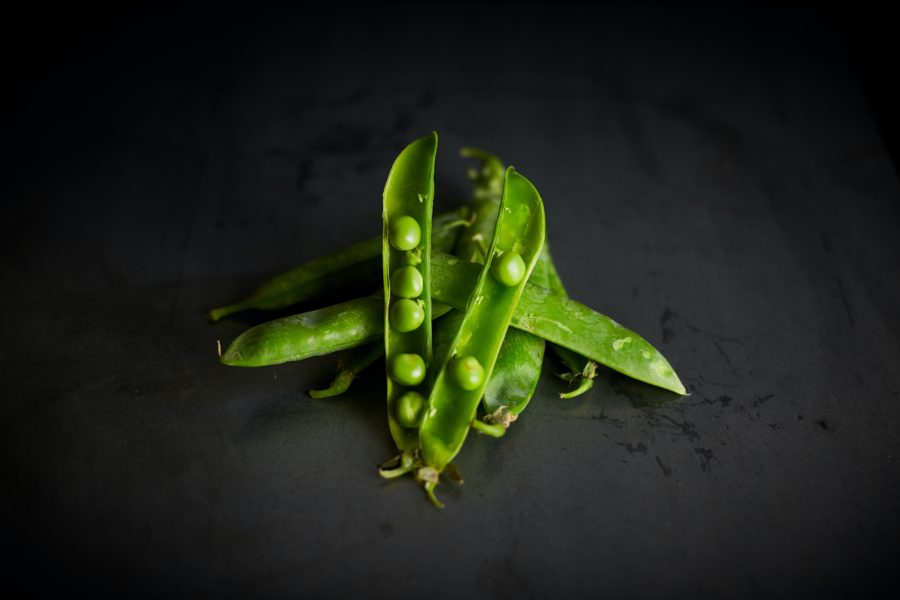Could pea protein be the next big plant-based alternative? One major food company appears to be banking on it.
WORLD’S LARGEST PEA PROTEIN PLANT BEGINS OPERATIONS
Roquette, a France-based food ingredient company, has begun operations at a $600 million pea protein production plant in Portage la Prairie, Manitoba, after announcing plans back in 2017. In November, the plant accepted its first delivery and, since then, 163 loads of peas have been delivered from various local farms, reported Farms.com (Jan. 19).
It is expected that pea protein production will fully begin by mid-summer this year and increase operations to full capacity by 2022. It will require about 125 thousand tons of yellow peas each year.
Roquette also launched an organic yellow pea contract for the 2021 season, receiving strong interest from organic producers across much of Canada.
PART OF EVOLVING MARKET TREND
Consumers’ increased focus on healthier lifestyles, plus environmental concerns, are predicted to boost demand for pea protein globally, according to Fairfield Market Research. As plant-based diets gain in popularity, the global pea protein ingredient market is expected to be worth $973.5 million in 2021, surging at a compound annual growth rate of 8.4% until 2025.
Because pea protein is a versatile ingredient — and not a major allergen — it can be used in a wide range of products. Segments including cereals and snacks, meat substitutes, bakery and confectionery, performance nutrition products, and desserts are projected to contribute heavily to the market.
The study also indicates that personal health concerns, and increased exposure to social media, have largely led to the demand for pea protein. In addition, several influential athletes have reportedly turned to yellow pea protein of late.
POTENTIAL CHALLENGES DUE TO PANDEMIC
The COVID-19 pandemic is expected to have a minor impact on the overall growth of the global yellow pea protein market during the assessment period, according to Transparency Market Research. As more consumers are turning away from meat-based products, especially in the Asia Pacific region due to the fear of contracting the coronavirus, plant-based proteins, including yellow pea protein, are gaining traction.
However, strict lockdowns in several nations and restriction on transportation and trade are factors that are expected to negatively impact the offline sales of yellow pea protein products.












